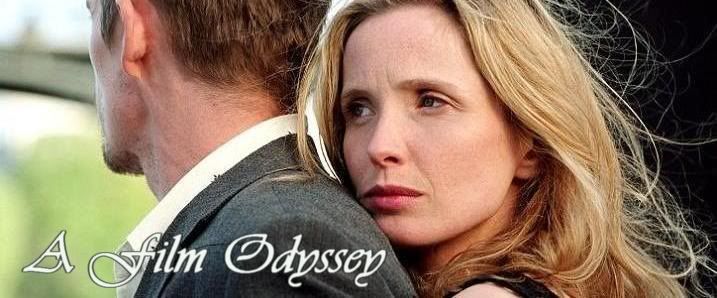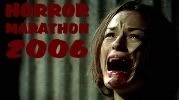The Chronicles of Narnia: The Lion, the Witch, and the Wardrobe (2005)
 The slightness that permeates The Chronicles of Narnia must surely have been exacerbated in my mind by the far more encompassing vision of an alternative world present in the recent Lord of the Rings films, but even without such a superior example in mind, the gawking superficiality present here still strangles any potential feeling out of the proceedings. The problem seems to exist from a purely creative standpoint, being that, in the making of this film, there was none. Direction isn't a word that seems to apply to the shooting and editing of scenes in this film: a computer could have done this job with equal efficiency. However, whereas commercially slick films can often be exceptionally entertaining even without an auteurist signature on them, The Chronicles of Narnia does not fall into that category. Unconcerned about those unfamiliar with the source material, the film takes the easy route by aiming directly at those already converted to the works of C.S. Lewis (close friend of "Lord of the Rings" author J.R.R. Tolkein, who disapproved of Lewis' overt Christian symbolism), much in the same way Chris Columbus' Harry Potter films blandly adapted their respective books.
The slightness that permeates The Chronicles of Narnia must surely have been exacerbated in my mind by the far more encompassing vision of an alternative world present in the recent Lord of the Rings films, but even without such a superior example in mind, the gawking superficiality present here still strangles any potential feeling out of the proceedings. The problem seems to exist from a purely creative standpoint, being that, in the making of this film, there was none. Direction isn't a word that seems to apply to the shooting and editing of scenes in this film: a computer could have done this job with equal efficiency. However, whereas commercially slick films can often be exceptionally entertaining even without an auteurist signature on them, The Chronicles of Narnia does not fall into that category. Unconcerned about those unfamiliar with the source material, the film takes the easy route by aiming directly at those already converted to the works of C.S. Lewis (close friend of "Lord of the Rings" author J.R.R. Tolkein, who disapproved of Lewis' overt Christian symbolism), much in the same way Chris Columbus' Harry Potter films blandly adapted their respective books.The story of four siblings (refugees from a World War II-torn London) who stumble upon a hidden world through the porthole provided by a magical wardrobe is ripe with beat-you-over-the-head religious allegory. That, however, is the least of its problems, even if it's moralizing often spills over into outright treacle. Amidst this new world of animals, humanoid beings and great warriors, there isn't even a table scrap of a narrative dedicated to the basic tasks of developing characters or establish relationships (in other words: anyone without previous introduction will be unlikely to care about them or their plight on anything more than a superficial level); instead relying upon bogus sibling conflicts in its lame efforts to connect with the audience. This isn't a cinematic adaptation: it's a celluloid Xerox of the novel so readers of Lewis can see their favorite moments on the big screen in a greatest hits package.
In Narnia, the battle between good and evil lies just on the horizon, and only the four human protagonists (referred to as sons of Adam and daughters of Eve) can ensure that the former will triumph over the latter, led by the evil White Witch (Tilda Swinton). Forget why such good vs. evil labels are dealt out, for morality here is defined only by how cute and fluffy the beings in question are. For as many characters as there are populating the film, the amount of attention given to raising them above the level of mouth pieces for the plot and limp allegory is stark at best. Meanwhile, the conflict at hand isn't the only thing that's sanitized here: every scenic composition and visual set piece is so blandly orchestrated that not only is any sense of wonder undercut by the plainness of it all, but the only thing that comes to mind is how much better it's all been done before, many times over. With six more novels to go in the original catalog, let's hope they start getting it right with Prince Caspian.





